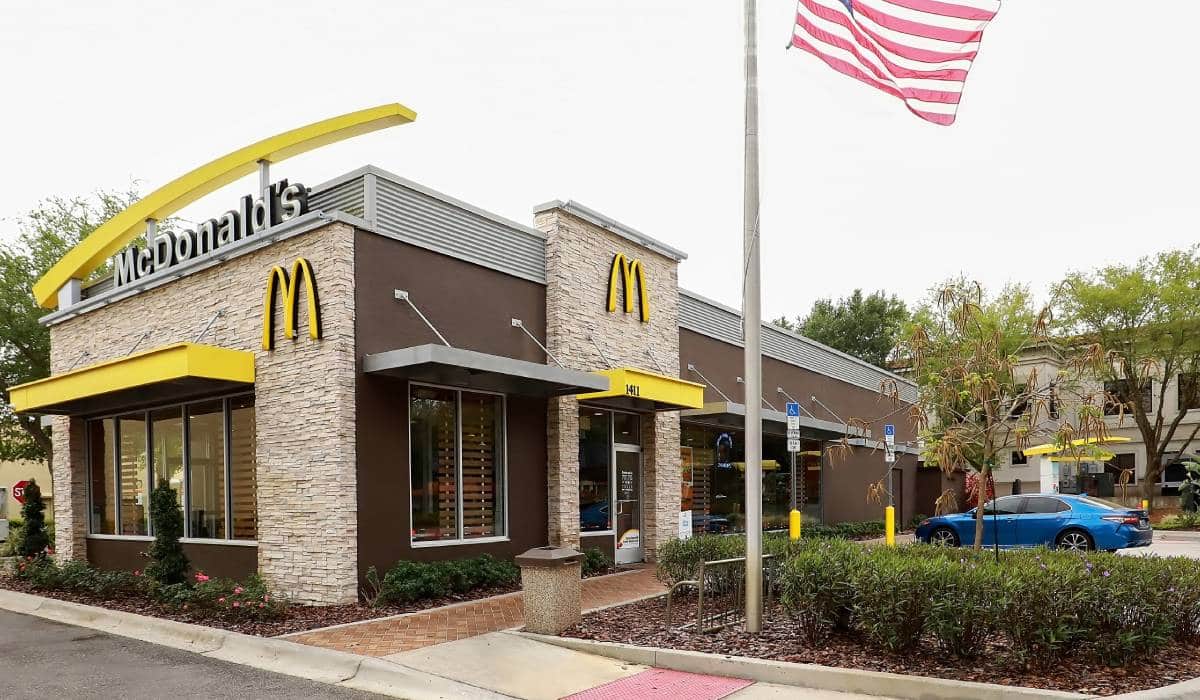A federal judge in Texas blocked the National Labor Relations Board from expanding the definition of joint employment just one business day before the new standard was set to take effect.
U.S. District Judge J. Campbell Barker on Friday issued a ruling striking down the regulation, which would increase the possibility of franchisors being jointly responsible for labor violations committed by their franchisees and require both entities to bargain with employee unions.
The ruling came from a lawsuit filed by a coalition of business groups late last year. The U.S. Chamber of Commerce, the International Franchise Association, the Restaurant Law Center, the Texas Restaurant Association, and several other groups sued the NLRB in federal court in the Eastern District of Texas to block the regulation.
The new rule, which was supposed to take effect on March 11, would replace a Trump-era regulation that requires companies to have “direct and immediate” control over workers in order to be considered a joint employer. Under that framework, most franchisors aren’t deemed joint employers of store-level workers since they’re hired and employed by franchisees. That means unions must secure representation at the individual franchise level to organize a franchised restaurant chain.
The new rule would expand the standard to include companies with indirect control over at least one condition of employment. It comes with an expansive definition of those conditions, encompassing wages, benefits, and other compensations; hours of work and scheduling; the assignment and supervision of duties; work rules and directions covering discipline; the tenure of employment, including hiring and discharge; and working conditions related to the health and safety of employees. In practice, it would put any company at risk of being found to be a joint employer if it has the authority to indirectly control any one of those aspects, even if that control isn’t exercised. The new standard would be a big win for organized labor, since franchisors would be required to engage in collective bargaining alongside franchisees.
Proponents of the new rule, including many Democrats as well as unions and labor advocates, say the change is necessary to prevent large employers from using contractors and subcontractors to circumvent labor negotiations. Opponents argue it would upend years of precedent, disrupt traditional franchisor-franchisee relationships, and undermine businesses that rely on third-party staffing and other service providers.
Barker concluded the changes are “arbitrary and capricious” and that the NLRB violated federal labor law by setting too broad of a standard when redefining what constitutes joint employment. He said the new rule would treat some companies as the employers of franchise or contract workers when they lack meaningful control over working conditions.
“Actual control, not potential control, is required for employer status—including joint-employer status,” the judge wrote in his ruling.
Barker also agreed with the claim from business groups that the NLRB didn’t adequately consider public input during the commentary phase of the rule-making process. The public is typically invited to contribute to the development of new rules by submitting comments when a federal agency proposes a regulatory change. The lawsuit alleged such input was essentially disregarded.
The ruling means the current standard set by the Trump administration will remain in place, at least for now. The NLRB is likely to appeal Barker’s decision.
“The District Court’s decision to vacate the Board’s rule is a disappointing setback, but is not the last word on our efforts to return our joint-employer standard to the common law principles that have been endorsed by other courts,” Lauren McFerran, the NLRB’s chairman, said in a statement.
Opponents are continuing their efforts to kill the new rule on Capitol Hill. The International Franchise Association has been spearheading lobbying efforts to overturn the regulation through the Congressional Review Act (CRA), which enables Congress to repeal agency rules through a simple majority vote in both chambers. The House of Representatives passed a resolution in January to overturn the regulation. Approval from the Senate is still needed for that effort to be successful.
“Today’s court ruling is a landmark win for franchising,” Matt Haller, CEO of the International Franchise Association, said in a statement posted to social media. “The ruling preserves the franchise business model–the best vehicle for small business formation on Main Street–by rejecting a flawed regulation enacted solely for the benefit of advancing the political goals of organized labor. Elected officials on both sides of the aisle talk a big game about standing up for small businesses, and now the U.S. Senate can act on those promises by putting the bipartisan CRA resolution on President Biden’s desk.”
The White House indicated earlier this year that President Biden will veto the resolution if it passes in both houses. A two-thirds majority would be required to block the new rule from taking effect if that happens.








